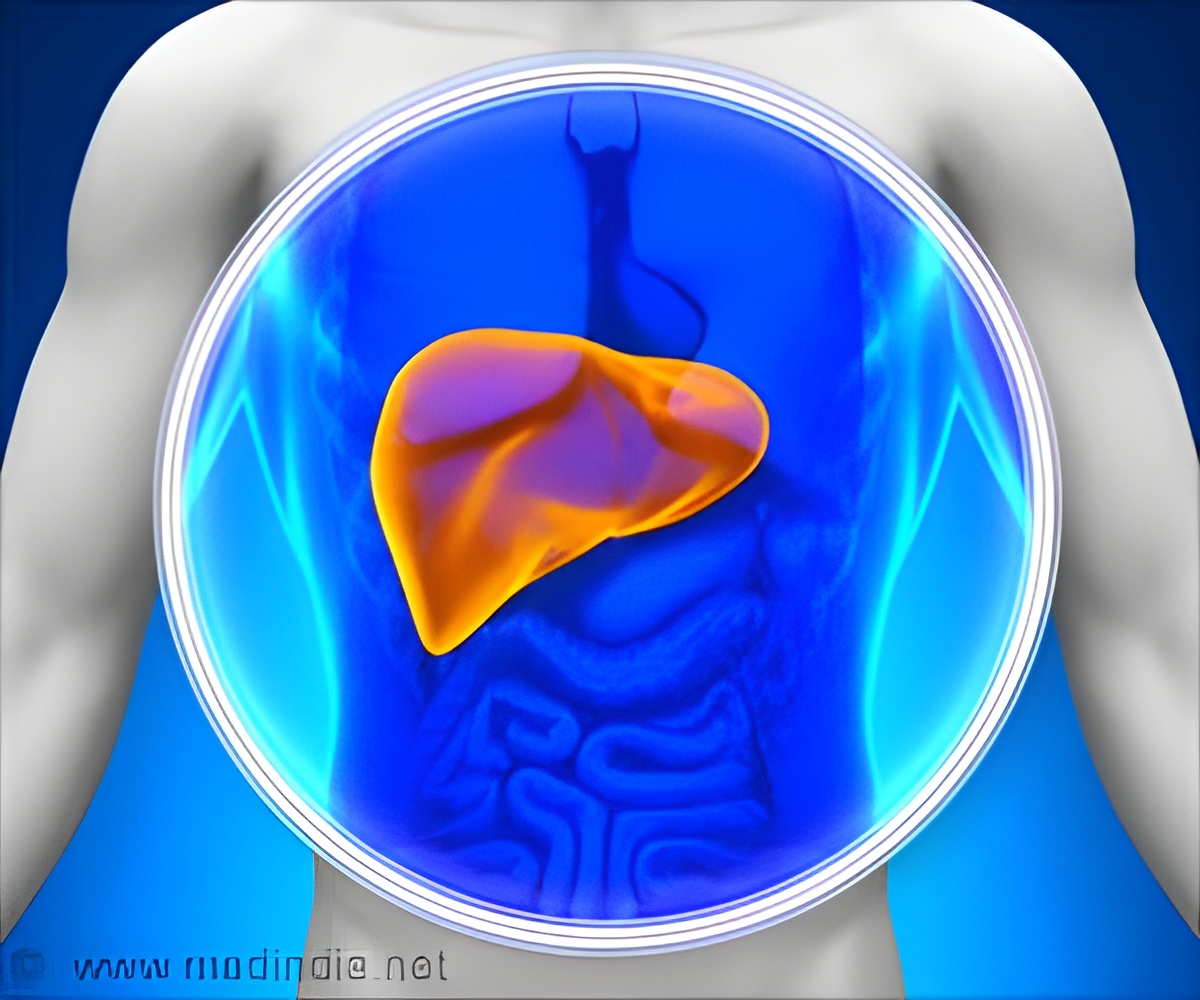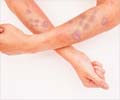Hepatitis C testing in the emergency department at the University of Alabama at Birmingham Hospital has identified 2,436 positive cases since testing began in September 2013.

‘Doctors in the emergency department at UAB Hospital have discovered 2,436 patients with the liver disease hepatitis C since they began widespread testing in 2013. Hepatitis a contagious liver disease is caused by a virus.
’





The testing began as part of a Centers for Disease Control and Prevention initiative designed to identify patients with hepatitis C and get those patients into treatment. UAB began by testing the most at-risk populations - the baby boomer generation and those with a history of injection drug use - who presented for any reason at UAB Hospital''s emergency department. In September 2015, UAB expanded the testing to include all patients at the ED, ages 18-75. "We''re finding that about 8 percent of those tested have a positive result," said James Galbraith, M.D., associate professor in the Department of Emergency Medicine, part of the UAB School of Medicine. "The overall target is the estimated 3.2 million people in the United States who have chronic hepatitis C virus infection - many of whom are unaware they are infected because they don''t look or feel sick."
Today, most people acquire HCV through sharing needles or other equipment used to inject drugs. Prior to 1992, the virus could be spread through blood transfusion or organ transplants, although widespread screening has now virtually eliminated that risk.
The antibody test given at the UAB ED simply indicates exposure to HCV at some prior point in a person''s life. About 25 percent of those who test positive have actually cleared the virus and are not infected with HCV. A second test, also given at the ED, can confirm those with a positive infection with results available in about a week.
"Increasing awareness is the key," Galbraith said. "Only about half of those with HCV nationwide know they are infected. We have options for treating and curing HCV, but we have to identify the infection first."
The recent programmatic change to universal HCV testing in the UAB ED has identified a large number of HCV-infected patients outside of the baby boomer generation.
Advertisement
The HCV testing program combines identification of those with infection with linkage to appropriate antiviral treatment services through the UAB Liver Center, Liver Transplant Clinic and 1917 Liver Clinic. A linkage coordinator helps those who test positive establish a primary care physician to maintain consistent health care throughout the progression of their disease.
Advertisement
Galbraith says there is no national policy to conduct screening in secondary care settings, including the ED. He believes the emergency department is a unique and critical location for such programs.
"Most screening is done in the primary care setting, which misses those individuals who do not have a relationship with a primary care physician, a common occurrence in this population," he said. "Coupled with test reimbursement issues, these are major barriers to establishing a national screening program and possibly eradicating the disease."
Source-Newswise















